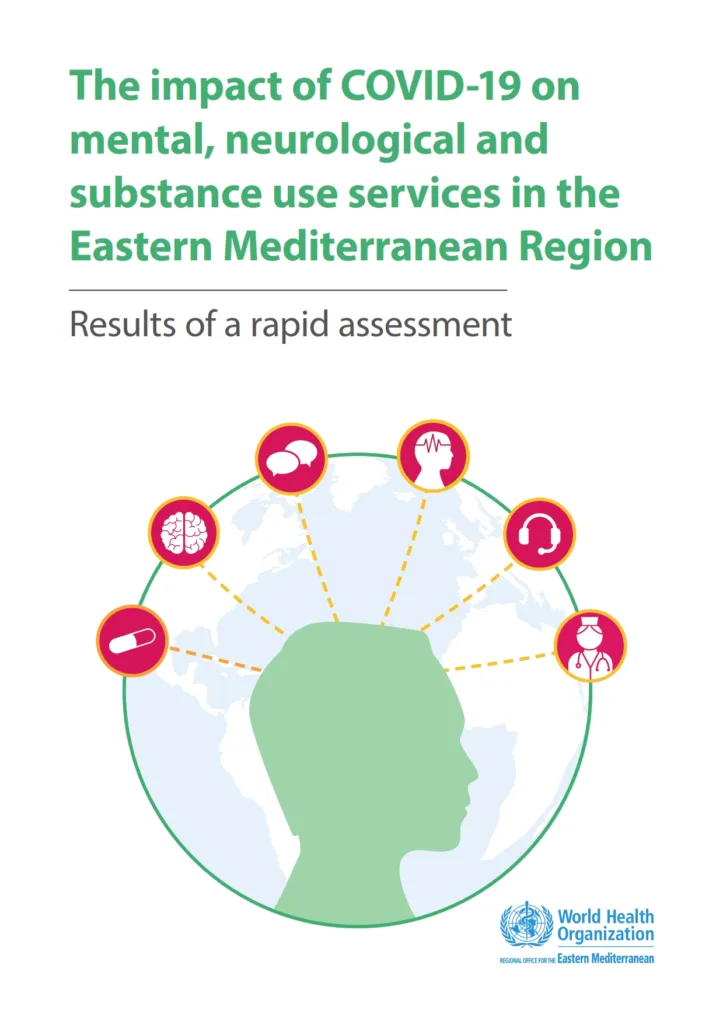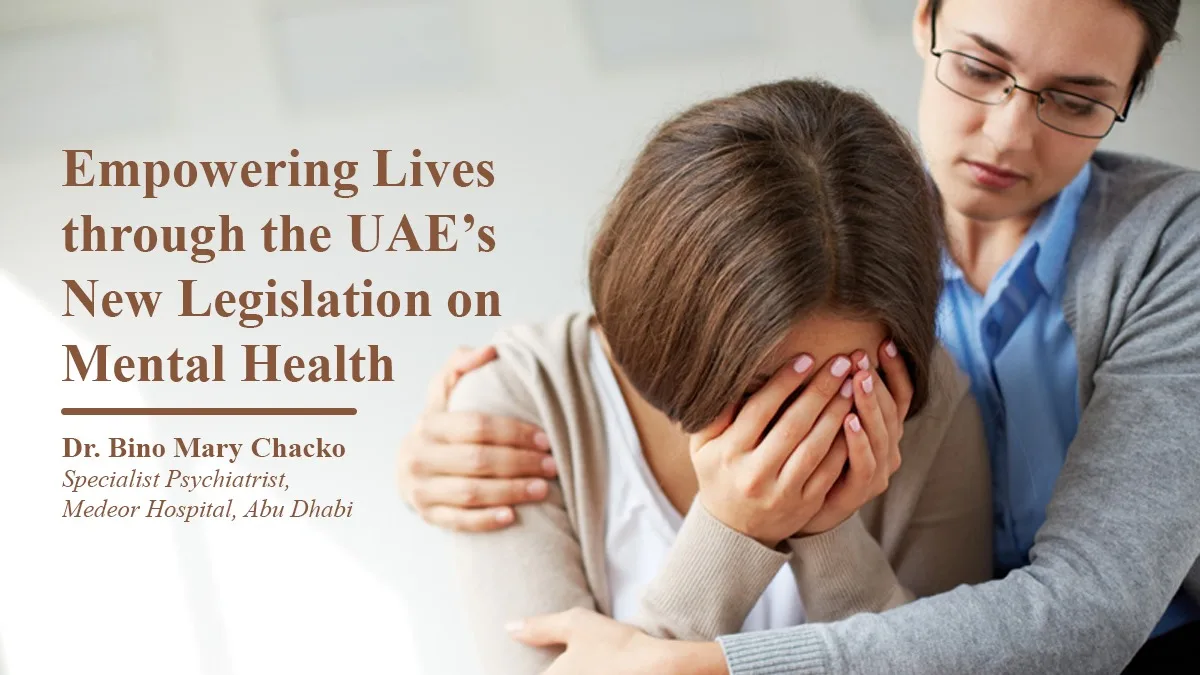In the evolving landscape of global health, mental well-being has emerged as a pivotal aspect as underscored by the UN’s 2030 Agenda for Sustainable Development. The agenda envisions universal access to good health and well-being. Recognizing mental health as a fundamental component, many countries are actively engaged in enhancing access to community mental health services and reducing stigma and discrimination around mental health issues.
The profound impact of the COVID-19 pandemic has highlighted the urgency of prioritizing mental health. Unemployment, financial insecurity, and the upheavals caused by the pandemic have exacerbated existing mental health conditions like anxiety disorders, leading to heightened social isolation and disruptions in support systems. The crisis revealed the gap in mental health services globally, emphasizing the necessity for robust legal reforms. As a result, many interventions are being taken globally to increase awareness and improve mental health services.

The WHO’s Comprehensive Mental Health Action Plan 2013–2020 (extended to 2030) urges countries to “strengthen their leadership and governance on mental health, including by developing, implementing, strengthening and updating related laws and regulations within all relevant sectors.” In a significant step towards providing a robust foundation for addressing mental health challenges, the UAE government has recently issued a Federal Law on mental health. The legislation provides a framework to secure the rights of psychiatric patients and is aimed at providing the highest standards of care.
The legislation places a strong emphasis on patient rights and dignity, fostering an environment that safeguards their well-being. Notably, the law provides better surveillance and ensuring access to treatment.
Redefining terms related to mental health and psychiatric patients, the law also implements age-specific safeguards. Under the law, patients are now entitled to receive a full explanation of their rights and can report complaints and grievances. The discharge procedure has been revised in view of allowing provisions for medical insurance, education, recreational activities, and the appointment of representatives on behalf of patients.
The law also prohibits unlicensed treatments, guaranteeing standard and regulated mental health care. The legislation also sets forth various regulations concerning voluntary admission for the treatment of substance abuse. By prioritizing these aspects, the UAE government is actively combatting the stigma associated with mental disorders and ensuring the protection of rights.
This transformative law not only brings hope to individuals with mental health challenges but also alleviates the burden on families. Furthermore, it protects patients’ employment rights, prevents exploitation, and establishes monitoring committees in each Emirate to ensure adherence to standards and address complaints, grievances, and objections.
In conclusion, the UAE’s Federal Law on Mental Health represents a commendable leap forward in prioritizing and addressing mental health with sensitivity and comprehensive care.
By recognizing the significance of patient rights, dignity, and access to treatment, the legislation aligns with the global commitment to achieving the UN’s Sustainable Development Goal 3 of good health and well-being.
The government’s proactive measures exemplify a commitment to reducing stigma and fostering a supportive mental health environment. This legislative initiative instills hope for individuals with mental health challenges and also acknowledges the interconnectedness of mental well-being with overall health.

Dr. Bino Mary Chacko
Specialist Psychiatrist,
Medeor Hospital, Abu Dhabi



















